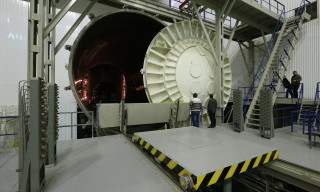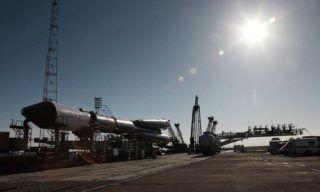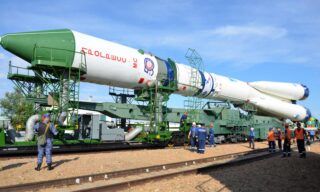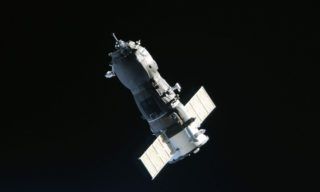The first launch of Angara heavy booster will take place no sooner than December 25, Roscosmos representative reported.
The spokesman specified that the date of the launch is to be set by Russian Ministry of Defence but it is known for sure that the launch will take place after December 25.
According to the spokesman the launch may be postponed if necessary and there are any faults to be eliminated since the main task is successful launch with tbd date.



















